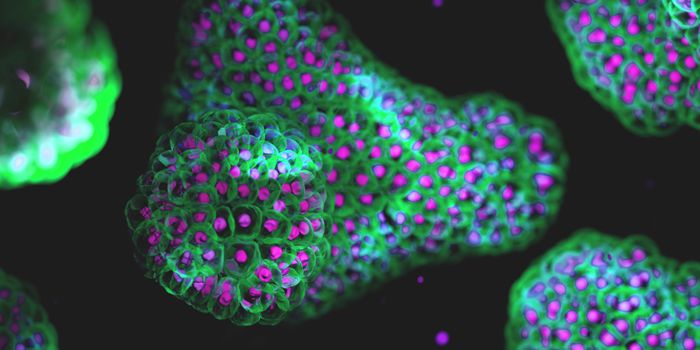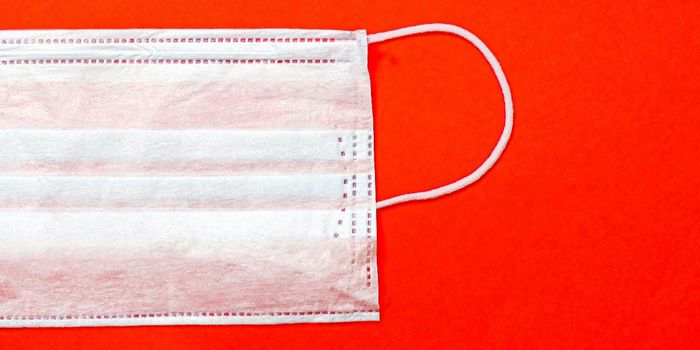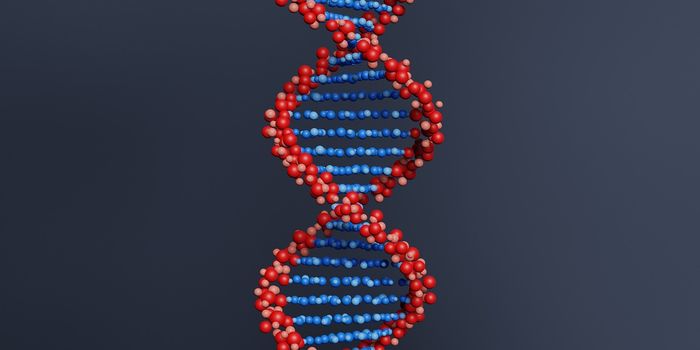Music's Deep Role in Pain Relief Aids Newborns
In a groundbreaking study out of the Lincoln Medical & Mental Health Center in Bronx, New York, researchers have found strong evidence that music could help babies feel less pain during medical procedures. These findings promise to bring relief to countless children worldwide, offering them a chance to experience less pain and mitigate the long-term consequences of painful encounters.
According to Saminathan Anbalagan, the first author of the study published in Pediatric Research, "There has been a long-standing misconception that newborns neither experience pain nor retain painful experiences" (via Labroots.com). Yet, a shift in this understanding is taking place. "Only in the past few decades has research proven newborns do experience it [pain], sometimes even in a heightened sense."
New research has brought to light that when preterm infants are subjected to painful medical procedures, they may exhibit notable alterations in a system that processes stress called the hypothalamic-pituitary axis (HPA). These young patients demonstrate distinct physical reactions to pain and an increase in the synthesis of the stress-related hormone cortisol. This, as well as a humanitarian impetus, motivates an urgent imperative to design strategies for mitigating pain in these vulnerable patients.
Anbalagan and his team embarked on a mission to discover a pain relief method that would be universally applicable and straightforward. Their efforts led them to a simple solution: music therapy, in the form of the widely accessible "Deep Sleep" from "Bedtime Mozart: classical lullabies for babies."
In a study encompassing 100 neonates, the researchers exposed the infants to the soothing strains of classical compositions before the standard childhood heel prick test. The results were remarkable, with the music intervention leading to notable reductions in pain scores. This study represents the first rigorous scientific exploration of music's potential to alleviate acute pain in term neonates during minor medical procedures.
These clinically significant pain-score reductions could motivate countless parents to pull up symphanies on YouTube before trips to their pediatrician's office.
But the impact doesn't stop there. Around 15 million premature infants are born globally, many of whom undergo up to 300 hospital procedures during their stays. This non-pharmacological method of pain relief boasts remarkable versatility, even in low-resource medical settings, offering a simple yet highly effective strategy to provide solace to these tiny patients.
Sources: Critical Care Nursing Clinical of North America, Pain, Pediatric Research









